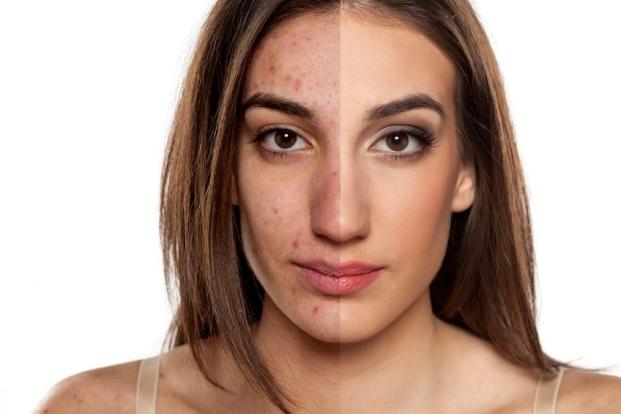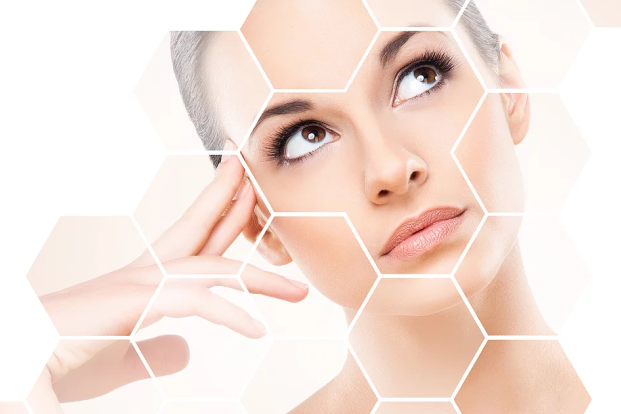Categories
- Bariatric Surgery (11)
- Black Fungus (5)
- Bone Marrow transplant (3)
- Brain Tumor Surgery Navigation Technology (20)
- Cardiac Surgery (66)
- Cardiology (97)
- Computer navigation technology for joint replacements (20)
- Covid Vaccination (17)
- Critical Care (2)
- Dental (19)
- Dermatology (31)
- Dialysis Support Group - “UTSAAH” (11)
- Dietitian (33)
- Emergency Medicine (4)
- Emotional Health (11)
- Endocrinology (33)
- ENT (20)
- Gastroenterology and GI Surgery (53)
- General and Laparoscopic Surgery (21)
- General Surgery (4)
- Gynecology & Obstetrics (183)
- Hematology (20)
- Internal Medicine (294)
- Kidney Transplant (50)
- Kidney Transplantation (20)
- Lung Cancer (8)
- Minimal Invasive Surgery (1)
- Mother & Child (20)
- mucormycosis (5)
- Nephrology (61)
- Neurology (147)
- Neurosurgery (68)
- Nutrition and Dietetics (107)
- Omicron Variant (1)
- Oncology (288)
- Ophthalmology (10)
- Orthopaedics & Joint Replacement (86)
- Paediatrics (59)
- Pediatric Nephrology (3)
- Physiotherapy (5)
- Plastic & Reconstructive Surgery (6)
- Psychiatry and Psychology (90)
- Psychologist (28)
- Pulmonology (72)
- Rheumatology (13)
- Spine Services (21)
- Transradial Angioplasty (16)
- Urology (84)
Query Form
Posted on Apr 19, 2022
TIPS TO TREATING ACNE SCARS AND SKIN DAMAGE
There are different methods of punch technique to treat acne, but all involve surgically removing the scars and smoothing the skin. There are millions of people who are suffering from acne. Acne can begin from an early age or it can start during adolescent stage. Acne burst happens without any specific reason with high probability of developing scars or may happen without leaving scar imprints. Few patients have very few breakout of acne scars and few people may have extended acne and this gets healed with age.

Punch technique is considered to be one of the best treatments for acne scars. You can add products with salicylic acid into your daily routine or your skin care specialist may use it for less frequent chemical peels. It might take a few weeks to see a difference when using salicylic acid. Acne scarring can involve either or both skin inflammation, discoloration or what is commonly suggested as “pock marks” or little indentations or holes in the skin. Red/swollen skin can be treated with a variety of oral and topical anti-acne medications to reduce inflammation, increases healing time and with lesser risk of scarring. A dermatologist can suggest the best products to use. Topical cortisone cream is not advised, as it may actually trigger acne flares. In some cases, acne can be treated with skin lightening topicals. Kojic acid is a natural lightener extracted from mushrooms. Arbutin can also be used and is commonly known as bearberry extract. Vitamin C (ascorbic acid) is another ingredient to look for in OTC lightening creams.
Good skin regimen includes:
- Hydrating skin to the fullest and maintaining skin nourishment
- Avoid Squeezing Your Pimples
- Develop a Skincare Routine.
- Consult a Dermatologist.



